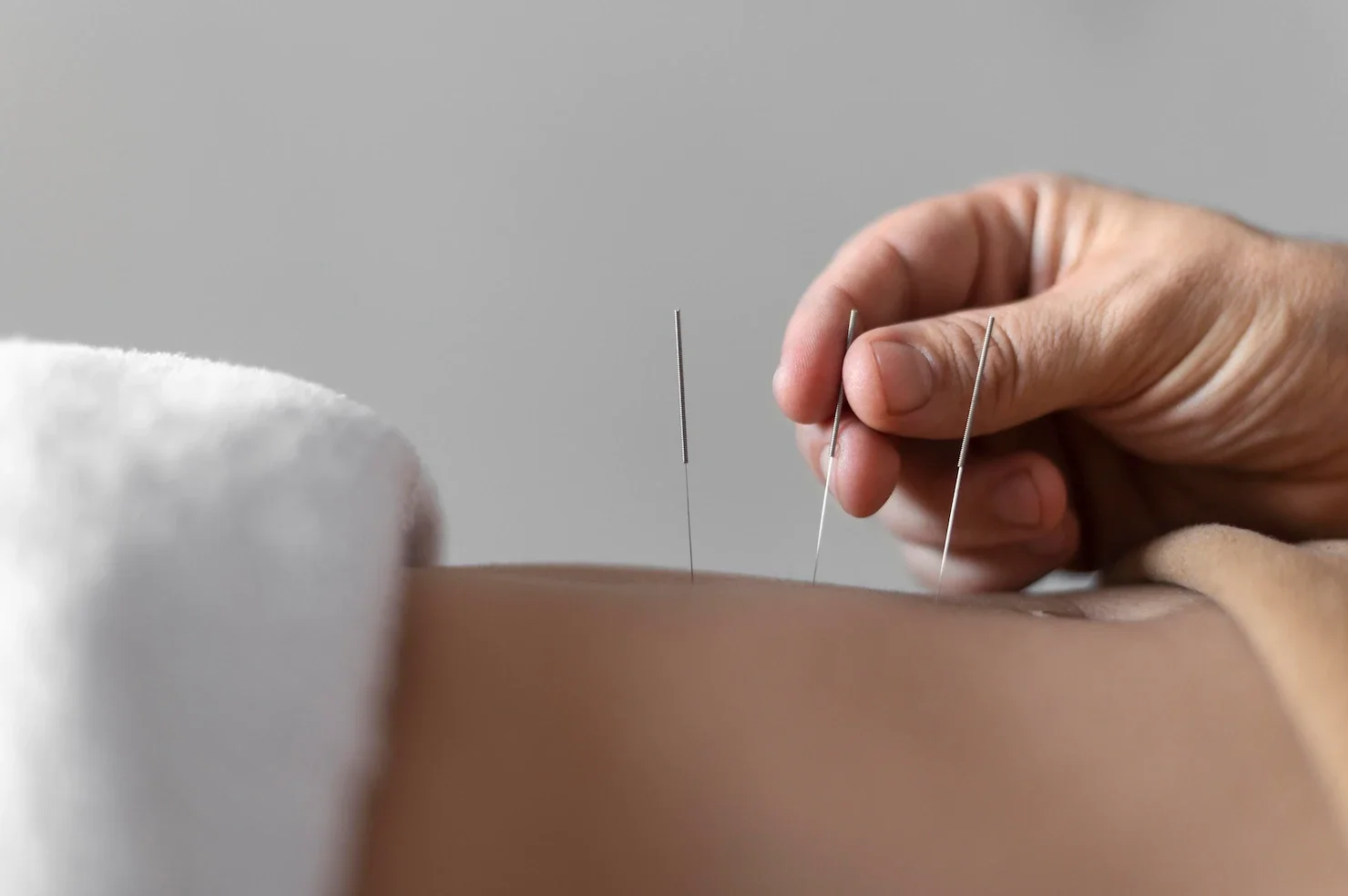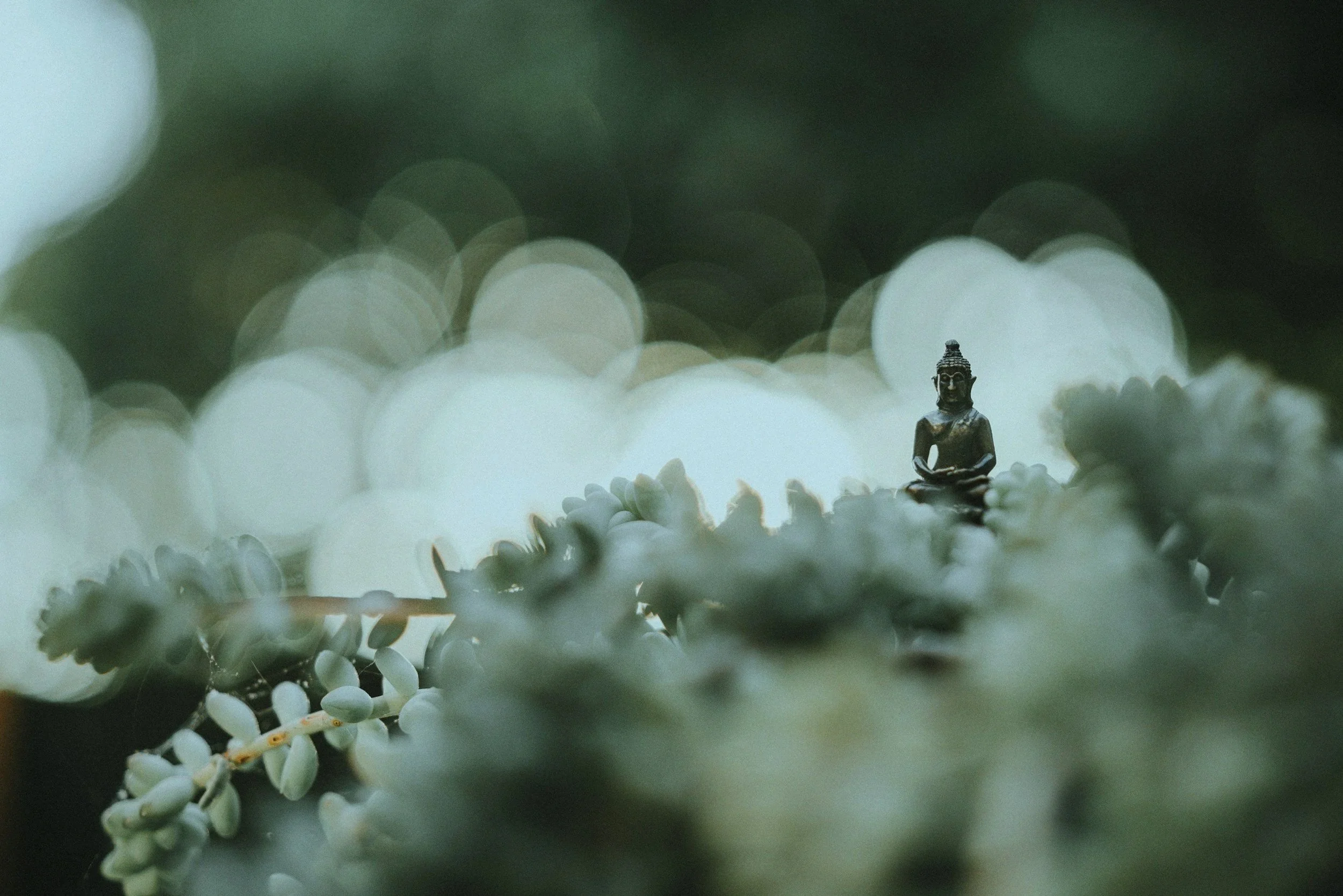Traditional Chinese Medicine Acupuncture
Heal, Restore, Balance
Acupuncture is an ancient healing practice rooted in Traditional Chinese Medicine (TCM) that uses fine, sterile needles to stimulate specific points on the body. By targeting these points, acupuncture helps to:
Relieve pain and tension in muscles and joints
Improve circulation and energy flow (Qi)
Reduce stress and anxiety
Support digestive, immune, and hormonal health
Enhance overall wellness and balance
Common Questions About TCM Acupuncture
What is acupuncture?
“Acupuncture is Traditional Chinese Medicine (TCM) uses thin, sterile needles to stimulate points that promote healing, relieve pain, and restore balance.”
Does acupuncture hurt?
“Most patients feel little to no discomfort, often just a gentle tingling, warmth, or mild pressure.”
Is acupuncture safe?
“Yes. When performed by a licensed and trained practitioner, acupuncture is very safe. We use single-use, sterile needles to prevent infection.”
What Acupuncture Can Help With?
“Acupuncture helps relieve pain, reduce stress, and restore balance to your body.”

Gentle needles, deep healing.
Acupuncture needles awaken the body’s natural flow.
Most Beneficial Applications of Acupuncture
Pain Relief – Back, neck, shoulders, knees, arthritis, sports injuries
Headaches & Migraines – Reduces frequency and intensity
Stress, Anxiety & Insomnia – Calms the nervous system, improves sleep
Digestive Issues – Bloating, constipation, acid reflux
Women’s Health – Menstrual pain, menopause support, fertility care
Allergies & Sinus Issues – Eases congestion and seasonal symptoms
Fatigue & Low Energy – Restores balance and vitality
Healing in Their Words
-
This is hands down the best place for acupuncture! Dr. Azusa is truly exceptional—she takes the time to really understand what your body needs and always goes above and beyond to make sure you’re getting the best care. Her treatments are not only thoughtful and personalized but also incredibly effective. I always leave feeling better, both physically and mentally. Highly recommend if you’re looking for real results and someone who genuinely cares!
-
A Truly Relaxing and Healing Experience. The entire session was incredibly relaxing. My energy levels and overall well-being improved significantly afterward. The massage was the perfect complement to the acupuncture. The pressure was spot-on, and I left feeling completely rejuvenated. I highly recommend Dr. Azusa for anyone seeking relief, relaxation, or just a little self-care. The combination of acupuncture and massage is top-notch.
-
I have been to several acupuncturists, but none compare to Dr. Azusa; I drive across town just to see her. She is truly exceptional in her field. Dr. Azusa brings an extraordinary level of connection and dedication to her practice, which is evident in every session. I leave feeling much more balanced and at ease each time. If you’re looking for someone who is not only incredibly knowledgeable but also genuinely kind and compassionate, Dr. Azusa is the acupuncturist to see. Highly recommend!



